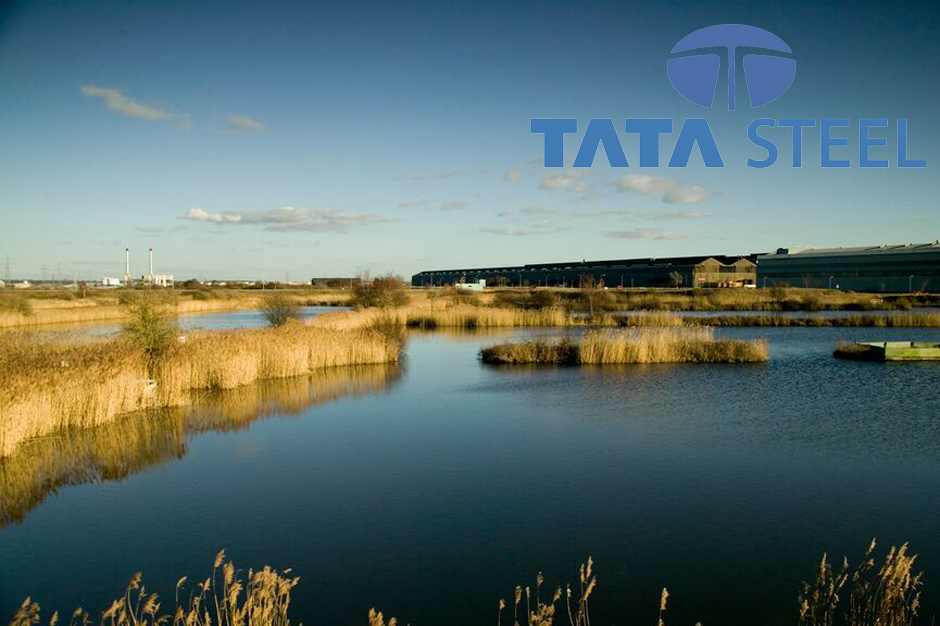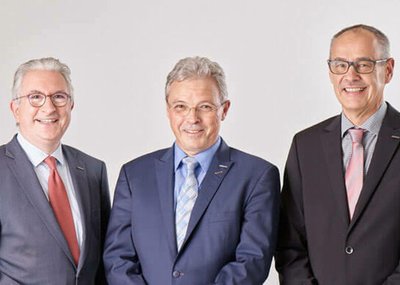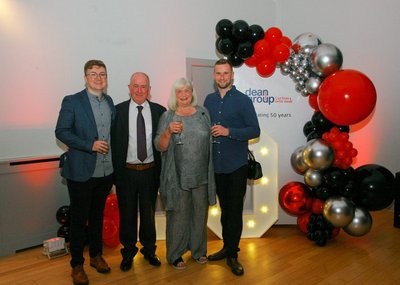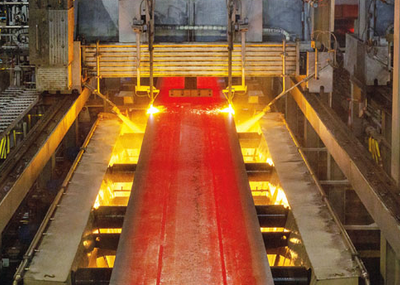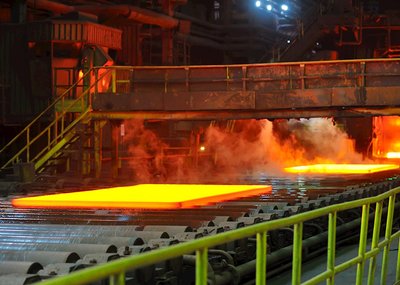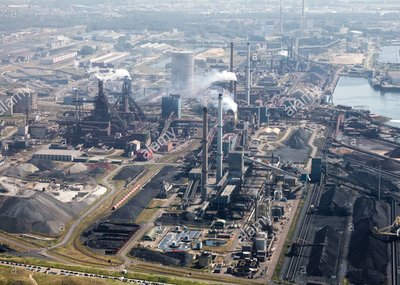The certification is based on the CO2 savings achieved by Tata Steel in the UK and has been certified by experts from the independent certification body DNV. The new steel grade is part of the "Optemis" decarbonisation strategy and is designed to meet the increased demand for low carbon steels from consumer-related industries such as construction, automotive, packaging and white goods manufacturers. Tata Steel UK aims to reduce its CO2 emissions by 30% by 2030 and become a CO2-neutral steel producer by 2045. In doing so, the company aims to help the UK achieve its net zero emissions target by 2050. Recently, Tata Steel announced that it is now officially operating on science-based targets (SBTi) in its emissions reduction and low-carbon manufacturing programmes. The company has implemented a number of programmes to reduce CO2 emissions. The savings can now be passed on to customers in the form of certificates so that they can reduce Scope 3 emissions. The certificate-based so-called insetting system (where climate protection measures are implemented in the company's own value chain) has been verified by DNV and gives customers the flexibility to choose the level of CO2 intensity reduction they require. Tata Steel plans to have its Port Talbot site in South Wales, UK, certified to ResponsibleSteel. Responsible Steel is the first international standard for responsible steel processing and manufacturing.
Anil Jhanji, Chief Commercial Officer, Tata Steel, said, "The launch of Optemis Carbon Lite is an important step in our decarbonisation journey. It shows that
we are making progress through targeted investments and are able to offer certified low carbon steel to our customers. The revenue from the sale of Optemis Carbon Lite certificates will be used to fund additional projects that will deliver further CO2 savings. The projects are verified by DNV. This accelerates our decarbonisation, helps our customers achieve their CO2 targets and has a positive impact on the carbon footprint of their supply chains. With Optemis Carbon Lite, we at Tata Steel UK and our customers are together helping to reduce CO2 in the atmosphere, achieving one of our top sustainability goals."
To reduce CO2 emissions by tens of thousands of tonnes a year, Tata Steel is investing in upgrading its Port Talbot power station, installing electric furnaces and switching to renewable electricity, among other measures. There are also plans to increase the share of steel scrap in the production of new quality steel and to further improve the steel production process in Port Talbot.
Tata Steel is a founding member of the South Wales Industrial Cluster (SWIC) and is currently working closely with companies from other industries in the region to find out how they can support each other in decarbonisation. The steelmaker is also collaborating with the University of South Wales on biological fermentation to produce acetates, a high-value chemical made from carbon waste. In addition, Tata Steel is working on thermochemical storage of heat from steelmaking as part of the MESH project, led by Swansea University.
Background information:
- The Tata Steel Group became a member of Responsible Steel in August 2020. The non-profit organisation is the industry's first global multi-stakeholder standards and certification programme.
- The Science Based Targets (SBTi) initiative drives ambitious climate action in the private sector by enabling companies to set science-based emissions reduction targets. SBTi show companies how much and how fast they need to reduce their greenhouse gas emissions to avoid the worst impacts of climate change. By guiding companies to set science-based targets, SBTi enables companies to
sound targets, it enables them to tackle climate change and increase their competitiveness in the transition to a net-zero economy.

